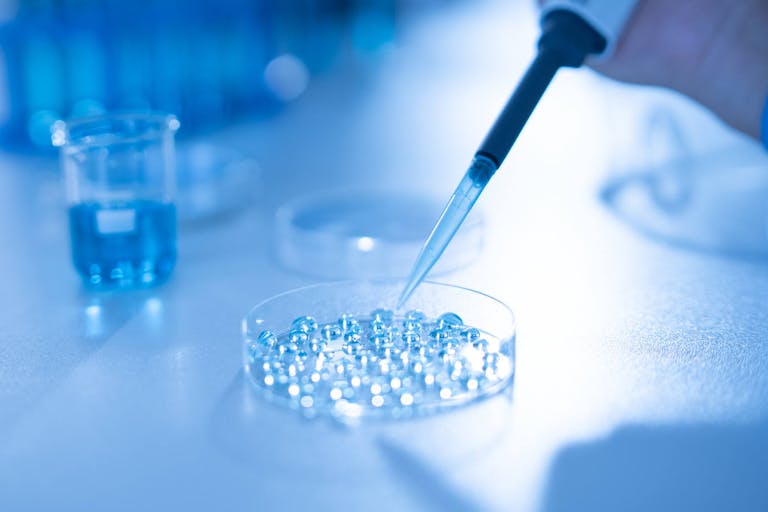
Research shows Catholic support for IVF declines once Church teaching is understood
Angeline Tan
·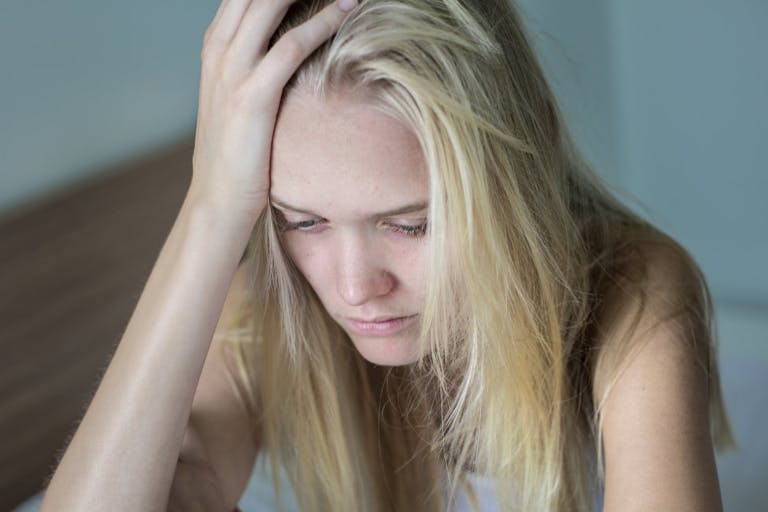
An abortion sent Melanie into depression: ‘All I could do was cry’
In her 2021 memoir, Melanie D. Lee wrote about the abortion she had as a teen, and the aftermath she faced.
Rejecting adoption and choosing abortion
Lee was 18 and planning to attend college when she became pregnant. She later discovered that her boyfriend sabotaged her birth control, hoping a pregnancy would keep them together.
Her boyfriend didn’t want her to abort, but also refused to help raise the baby. He suggested adoption. Lee considered it but didn’t feel she could “give away” her baby and worried that her child would be traumatized. She didn’t realize that many adopted children are happy, or that having an abortion would emotionally devastate her.
Although Lee and her family were regular churchgoers, Lee never sought help from the church or pastor, and instead hid her pregnancy.
At the abortion facility
Lee had an ultrasound at the abortion facility and said, “I was surprised that I had life growing on the inside of me. Just to see how big my baby was, in a matter of five weeks, was amazing to me.”
Sadly, it didn’t deter Lee from having the abortion.
She says that the doctor and the nurse who assisted him “displayed no emotion.”
The abortion facility didn’t clean or disinfect the medical equipment between abortions. When the suction machine was wheeled in, Lee saw the remains of an aborted baby from a previous abortion in the jar. No body parts were visible in the mix of blood and tissue, but she was upset by the thought that her child would be considered “waste” and just thrown out.
She says, “I couldn’t process that. I couldn’t fathom knowing that is where my child is going to end up.” She tried to repress her feelings and went through with the abortion.
Suffering from post-abortion depression
That night, she cried all night long and begged God to forgive her. She said, “All I could do was cry myself to sleep, while holding my stomach, knowing that I lost my baby. My baby was gone forever.”
The next day, she told her sister about her abortion. Her sister was so upset she punched a hole in the wall and demanded Lee tell their mother.
When she did tell her mother, her mother hugged her and invited her boyfriend over, concerned about him. Lee explained, “[A]ll that he could do was be near my stomach and say his goodbyes to our child.”
Lee went to college and managed to function, despite her grief and guilt, until the summer. Then, without school as a distraction, she could no longer cope. She fell into a serious depression. She explained:
I didn’t care about caring for my hair or appearance. I wasn’t eating. I didn’t sleep. I was weak and fatigued. I didn’t smile. I wasn’t motivated. I wasn’t mindful of the people around me, including my family. I wasn’t inspired to do anything. I was not interested in seeing family or friends.
Article continues below
Dear Reader,
In 2026, Live Action is heading straight where the battle is fiercest: college campuses.
We have a bold initiative to establish 100 Live Action campus chapters within the next year, and your partnership will make it a success!
Your support today will help train and equip young leaders, bring Live Action’s educational content into academic environments, host on-campus events and debates, and empower students to challenge the pro-abortion status quo with truth and compassion.
Invest in pro-life grassroots outreach and cultural formation with your DOUBLED year-end gift!
She wondered what her baby would have looked like, and imagined “the color of my baby’s eyes, the shape of my baby’s nose, their hair texture, their skin tone, their tiny fingers and toes, their adorable laugh, and the sights and sounds that I would never hear.”
Lee isolated herself in her room and spent all her time thinking about her baby. She says, “I would stare blankly at the television screen in a daze…. My only focus was my child that I decided to kill.”
Disrupted relationships and isolation
Lee tried to go on with her life but continued to wrestle with depression. She could not date or have relationships, and said, “To be intimately connected with a man, on an emotional and spiritual level, was never on my radar because the abortion would be at the forefront of my mind.”
The abortion, she said, “changed my entire life.” It was constantly on her mind and affected every decision she made. It continued to affect her relationships with men, as well as her friends and family. She also continued to isolate herself. Lee said:
If there were any social events that required me to be friendly and cordial, then I would not attend because I would have to extend my mental strength to present an individual that appeared to be strong, but yet weak on the inside. A basic handshake or friendly side-hug triggered emotional pain deeply rooted in my spirit.
To help me avoid all of that, I would not venture out at all… It was easy for me to be isolated and alone…
As the years began to go by, I was very selective as to who I became vulnerable with.
She hid her pain. Her friends and family and those around her didn’t know what she was going through, “because I knew how to put on a ‘good face.’ I knew how to sport a fake smile and make it look genuine.”
She finally began to find healing during her junior year of college, when she began attending a post-abortion Bible study on campus. She took part in two programs: “Surrendering the Secret: Healing the Heartbreak of Abortion,” and “Songs of Deliverance.”
Research links abortion with depression and mental health issues
Lee is not the only woman who has suffered from depression following an induced abortion. Some studies have linked abortion and depression.
One study, from the British Journal of Psychiatry, found that women experience an 81% increased risk of mental health issues, including depression, after an abortion.
The researchers said, “Over the past several decades, hundreds of studies have been published indicating statistically significant associations between induced abortion and adverse psychological outcomes of various forms.” They even debunked several studies that found no increased risk and pointed out their methodological flaws.
A 2017 study in The Journal of American Physicians and Surgeons found that 67.5% of post-abortive women sought mental health treatment after their abortions. The study determined that only 13% of the women received treatment before their abortions, indicating a causal relationship — i.e., that abortion caused the mental health problems, rather than that the women who have abortions are more likely than others to have pre-existing mental health problems, as some pro-abortion researchers have speculated.
Live Action News is pro-life news and commentary from a pro-life perspective.
Contact editor@liveaction.org for questions, corrections, or if you are seeking permission to reprint any Live Action News content.
Guest Articles: To submit a guest article to Live Action News, email editor@liveaction.org with an attached Word document of 800-1000 words. Please also attach any photos relevant to your submission if applicable. If your submission is accepted for publication, you will be notified within three weeks. Guest articles are not compensated (see our Open License Agreement). Thank you for your interest in Live Action News!

Angeline Tan
·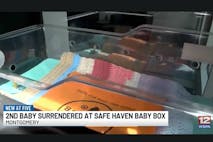
Human Interest
Bridget Sielicki
·
Human Interest
Sheena Rodriguez
·
Human Interest
Angeline Tan
·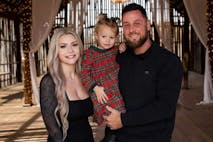
Human Interest
Andrea Trudden
·
Human Interest
Lisa Bast
·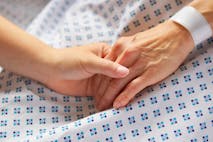
Guest Column
Sarah Terzo
·
Abortion Pill
Sarah Terzo
·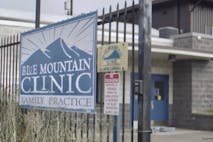
Guest Column
Sarah Terzo
·
Guest Column
Sarah Terzo
·
Guest Column
Sarah Terzo
·